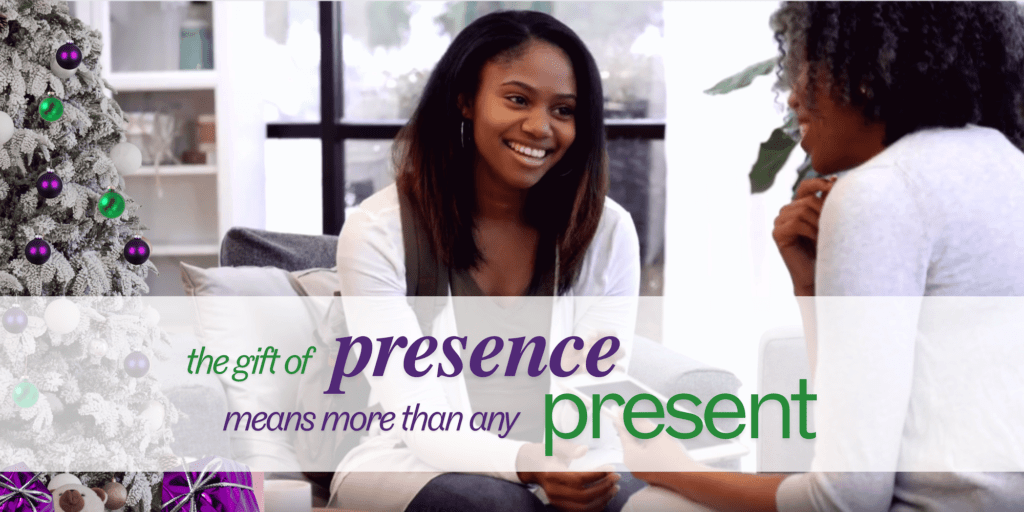Create Healthy Relationships: Move Toward Empathy and Compassion
As many of us go through the day, our feelings fluctuate depending on contact with different people. When one person walks into the room, we instantly feel lighter and more energetic. It is easy to be oneself with this person, authentic and genuine. We actually feel better about ourselves when he/she is around.
The opposite is just as true. Time spent with someone may be frustrating and leave us feeling drained. We feel bad about ourselves or a little unsure. We do not feel understood, and even have to justify our feelings.
 These two experiences are common. Brené Brown uses the word shame to define the “bad feeling” experience. It seems like we are not enough, and it is fueled by our fear of disconnection. In a podcast connected with the book, I Thought It Was Just Me, Brené Brown explores these kinds of experiences by using the metaphor of a Petri dish (like the ones used in high school science classes). When a bacteria culture is placed in a Petri dish and given the right conditions, it will grow and spread. When the Petri dish is saturated with disinfectant, the bacteria die.
These two experiences are common. Brené Brown uses the word shame to define the “bad feeling” experience. It seems like we are not enough, and it is fueled by our fear of disconnection. In a podcast connected with the book, I Thought It Was Just Me, Brené Brown explores these kinds of experiences by using the metaphor of a Petri dish (like the ones used in high school science classes). When a bacteria culture is placed in a Petri dish and given the right conditions, it will grow and spread. When the Petri dish is saturated with disinfectant, the bacteria die.
Let’s compare the Petri dish idea to a time when we are vulnerable and share our experience with another person. When our vulnerability is met with silence, judgment, or secrecy, shame flourishes in us like bacteria. Feelings of disconnection will grow.
Take that same authentic, vulnerable experience and put it in the Petri dish. When others meet us with empathy and compassion, our feelings of shame are eliminated. Our experience is validated. We are seen, and feel connection.
Start noticing the different feelings depending on who is around at a given time. Is our experience being met with judgment, criticism, or secrecy? Or is our authentic self met with empathy and compassion? As we start to notice the differences, we can create boundaries that honor our experience(s) by spending more time with those people who fill us, and a little less with those who drain us.
The difficulty comes when the people we love, such as our spouse or family members, are judgmental, critical, or secretive. These behaviors damage relationships. In order for relationships to heal, these behaviors need to be addressed. When a person we love is unwilling to change their behavior, it is disorienting. If this is the case, it is important to create boundaries that limit our time and proximity with this person. Holding these healthier boundaries in place can be a challenge. Find support and strength to get through the struggle by connecting with those people who know your story and accept you with empathy and compassion.
It is our desire at Fuller Life Family Therapy to honor your story and create a compassionate place to explore disorienting times. We want to work together to create more connection and acceptance in your daily life.
Brown, Brené, I Thought It Was Just Me Read-Along, April 14, Post 4. http://www.ordinarycourage.com/my-blog/2009/4/14/itiwjm-read-along-chapter-2.html











